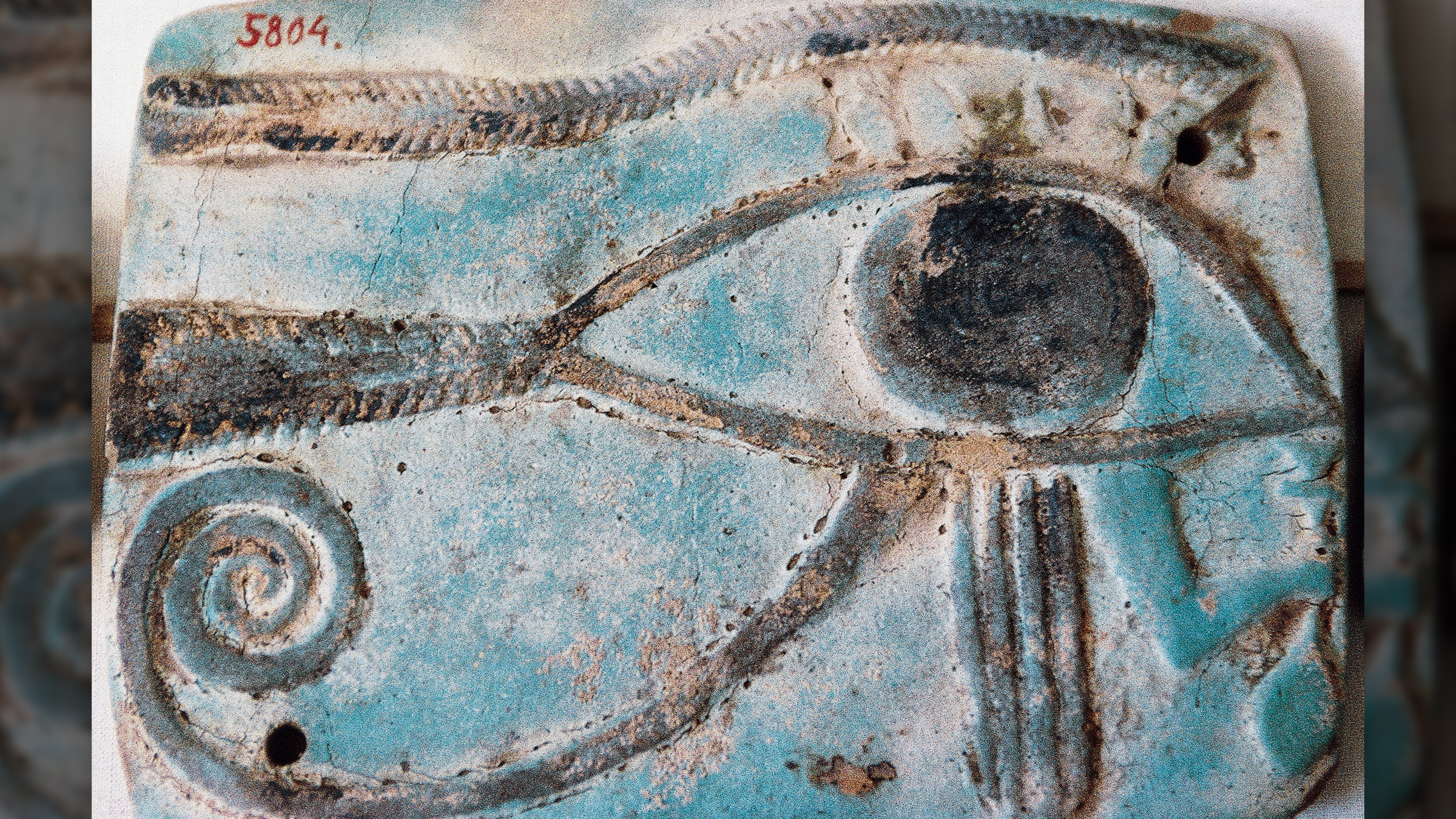
Rachael Rettner
Rachael is a Live Science contributor, and was a former channel editor and senior writer for Live Science between 2010 and 2022. She has a master's degree in journalism from New York University's Science, Health and Environmental Reporting Program. She also holds a B.S. in molecular biology and an M.S. in biology from the University of California, San Diego. Her work has appeared in Scienceline, The Washington Post and Scientific American.
Latest articles by Rachael Rettner

Arizona man went a month without knowing he had the plague
By Rachael Rettner published
The case underscores the need to identify serious infections in a timely manner, the authors said.
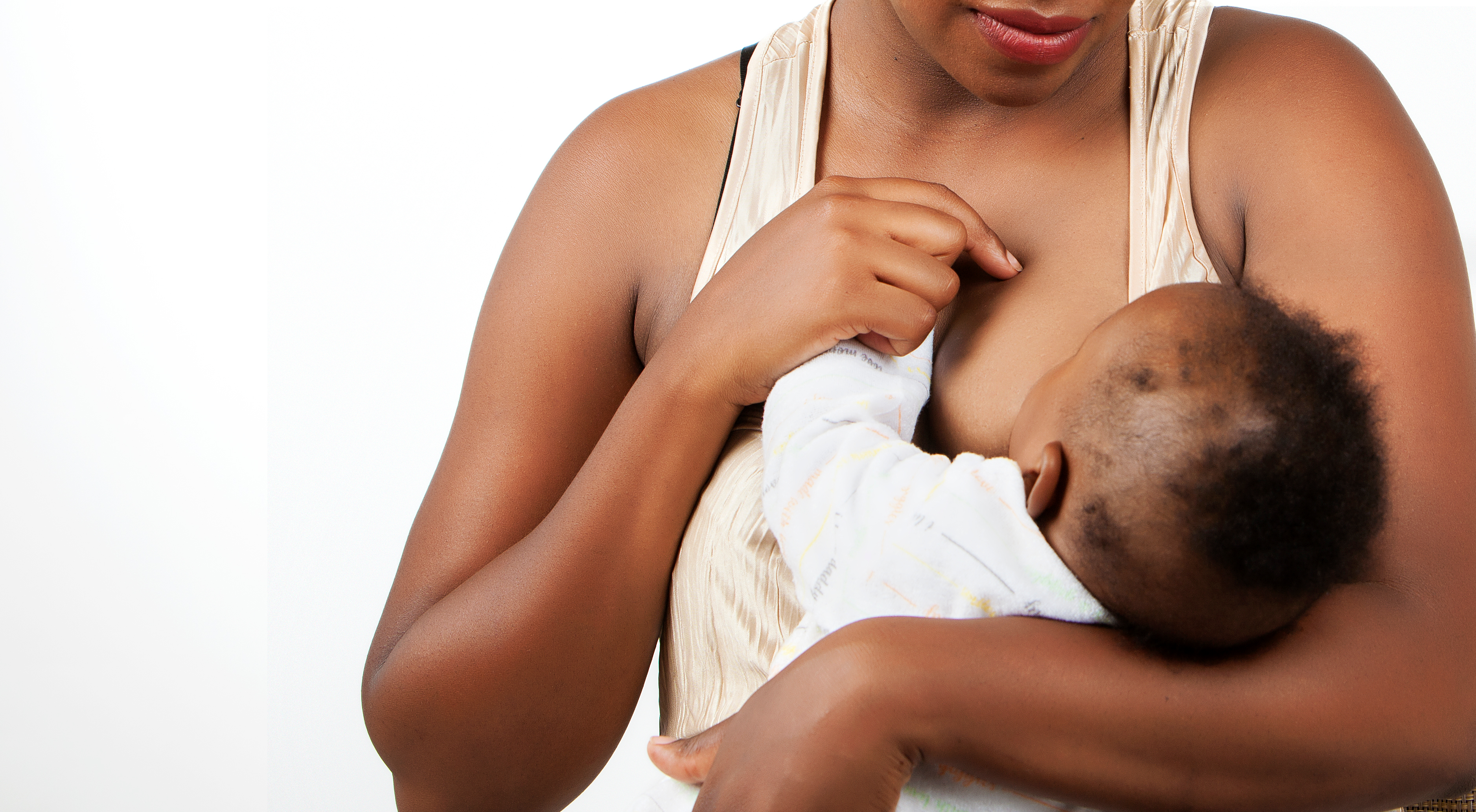
What caused a woman to lactate from her armpit?
By Rachael Rettner published
Up to 6% of women are born with extra breast tissue in their body.

Chipmunks near South Lake Tahoe test positive for plague
By Rachael Rettner published
The infected chipmunks had no known contact with people.

How 350 vaccinated people caught COVID-19 in huge Cape Cod outbreak
By Rachael Rettner published
The outbreak has changed our understanding of the coronavirus delta variant.
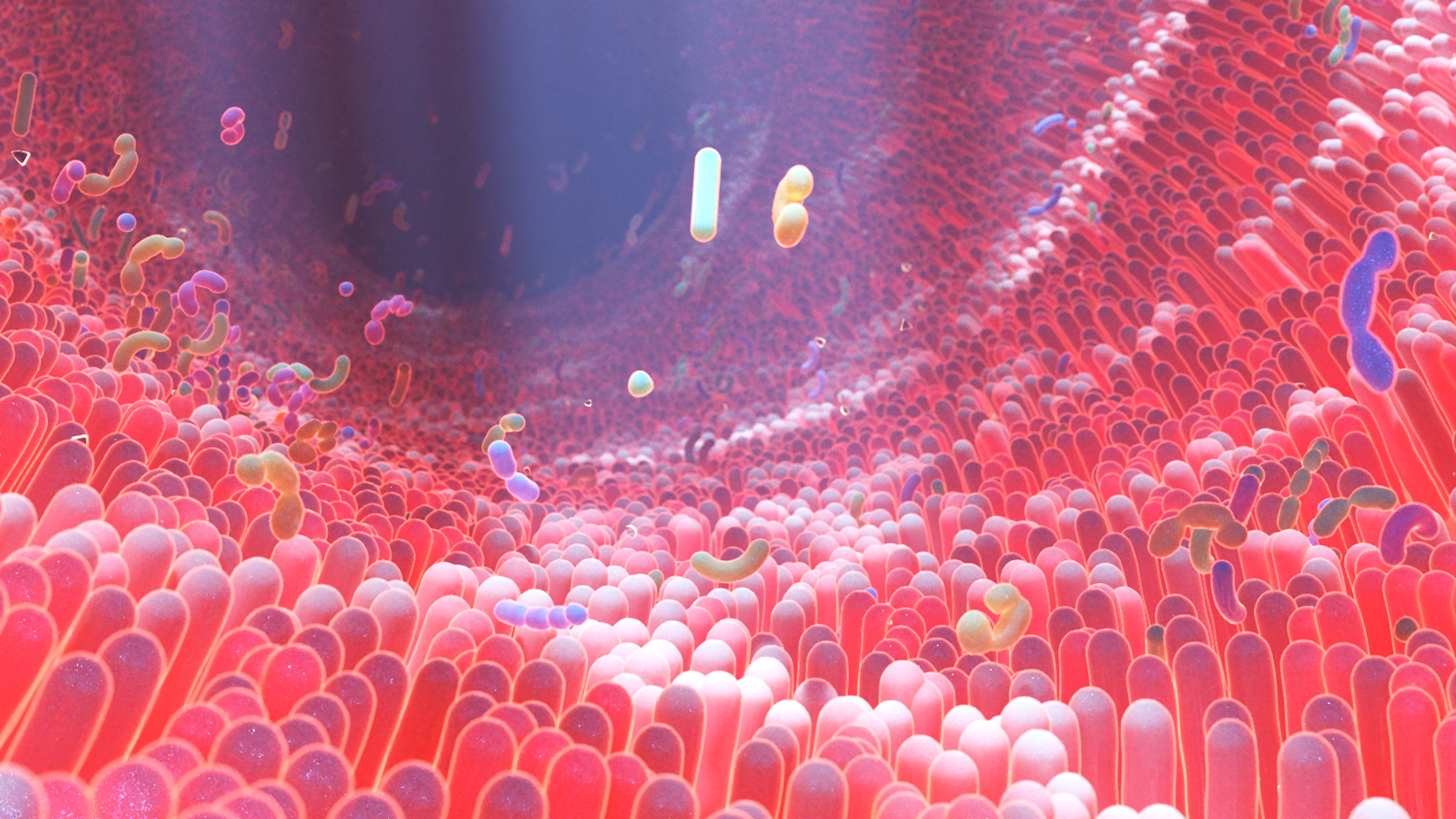
People who live to 100 have unique gut bacteria signatures
By Rachael Rettner published
These bacteria may help ward off infections.
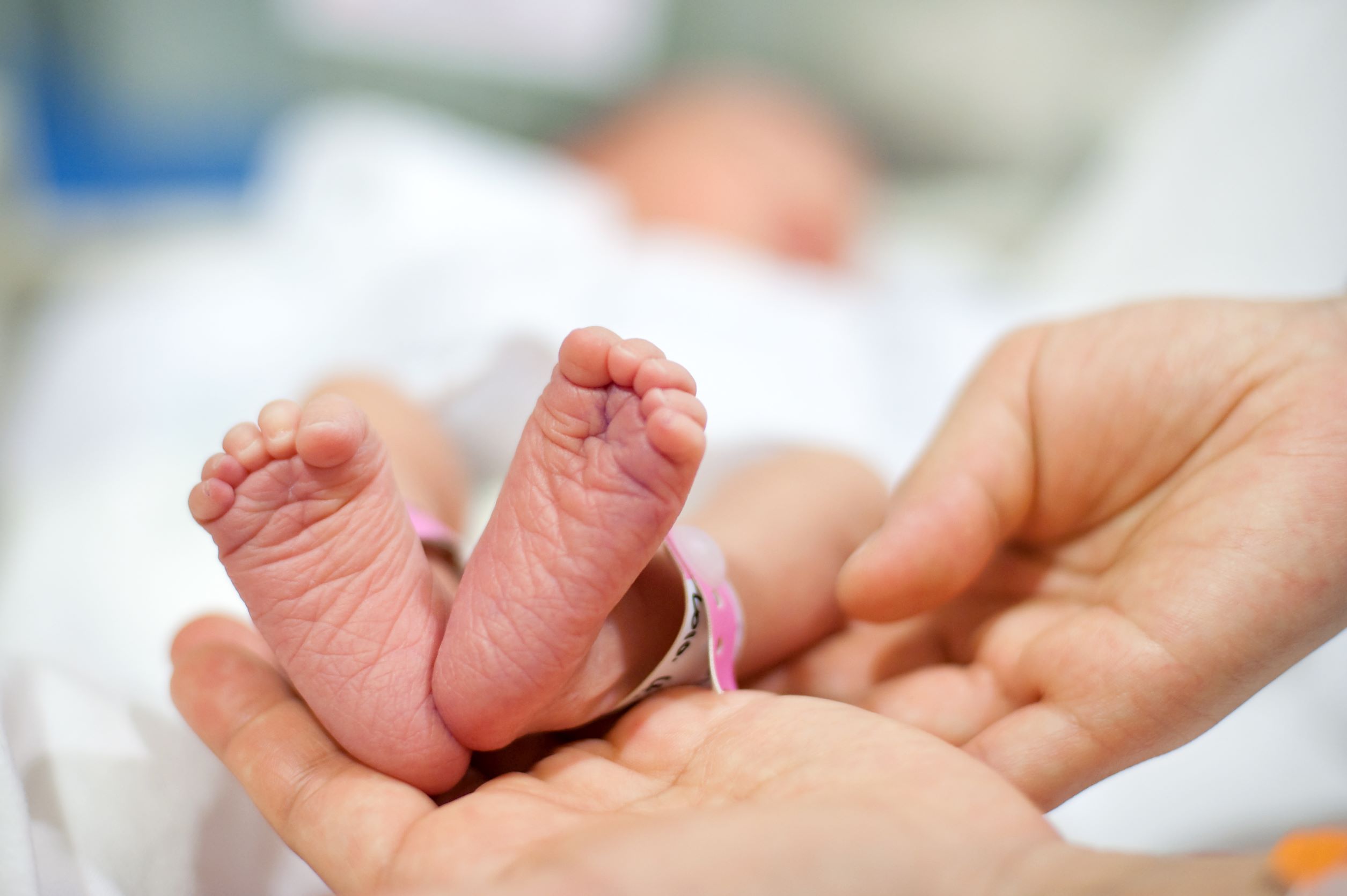
Baby born with 'twin' fetus inside her stomach
By Rachael Rettner published
The condition occurs in about 1 in 500,000 births.

Dozens of medical groups urge COVID-19 vaccination mandates for health workers
By Rachael Rettner published
The signatories include the American Medical Association, the American Nurses Association, and the American Academy of Pediatrics.

Boy's bright-yellow tongue was a sign of rare disorder
By Rachael Rettner published
An autoimmune disorder was the culprit.

7 facts about the origin of the novel coronavirus
By Rachael Rettner published
Some theories point toward a natural origin and others claim the virus accidentally leaked from a lab.

US life expectancy declined by a staggering 1.5 years in 2020
By Rachael Rettner published
The decline can largely be attributed to deaths from COVID-19.

Man in China dies of rare 'monkey B' virus
By Rachael Rettner published
When human cases of this virus occur, they are often deadly.

J&J recalls 5 sunscreen sprays found to contain carcinogen benzene
By Rachael Rettner published
The company is investigating how benzene ended up in the products.
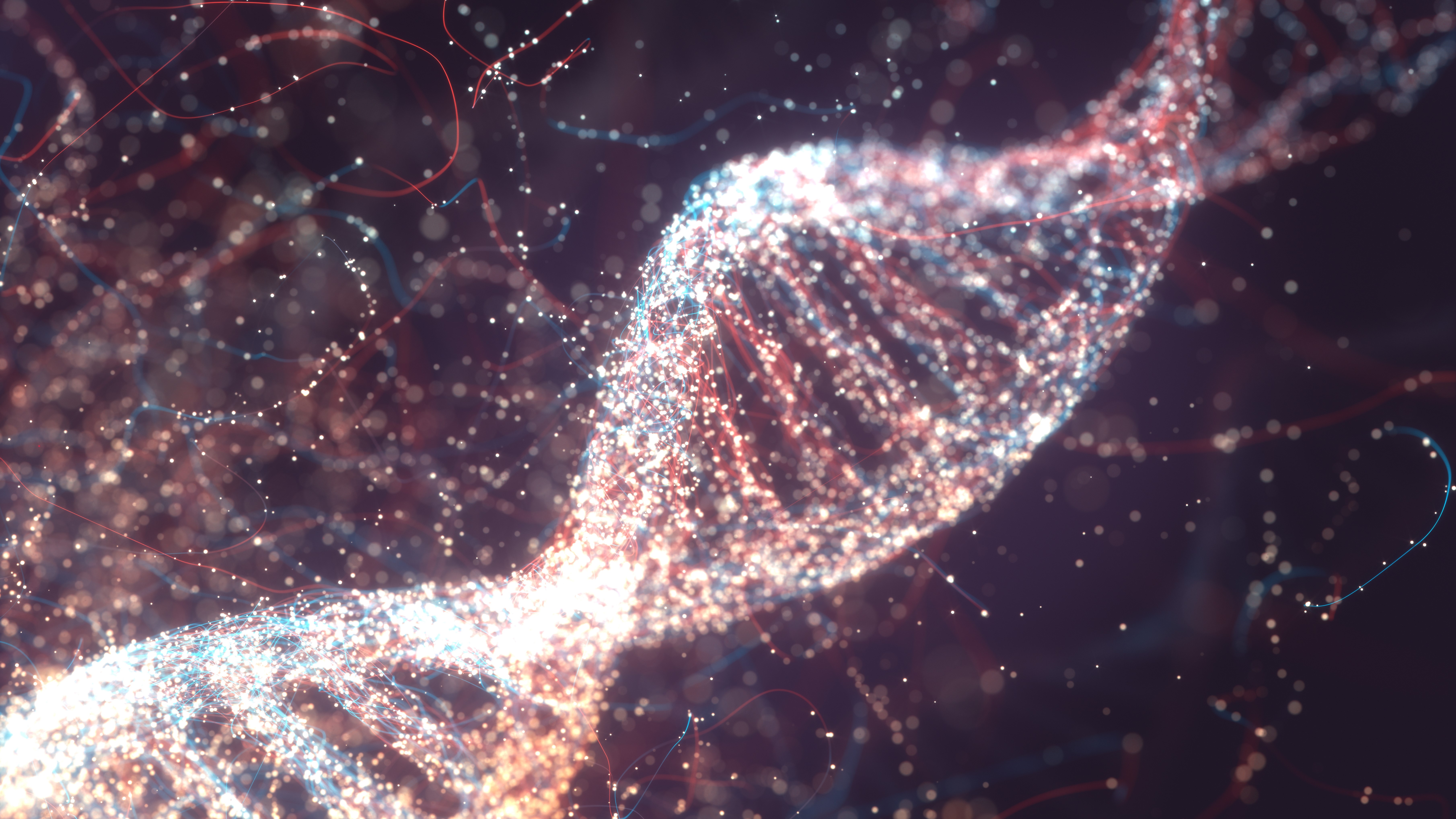
As little as 1.5% of our genome is 'uniquely human'
By Rachael Rettner published
The portion of DNA that's unique to modern humans is enriched for genes involved with brain development.
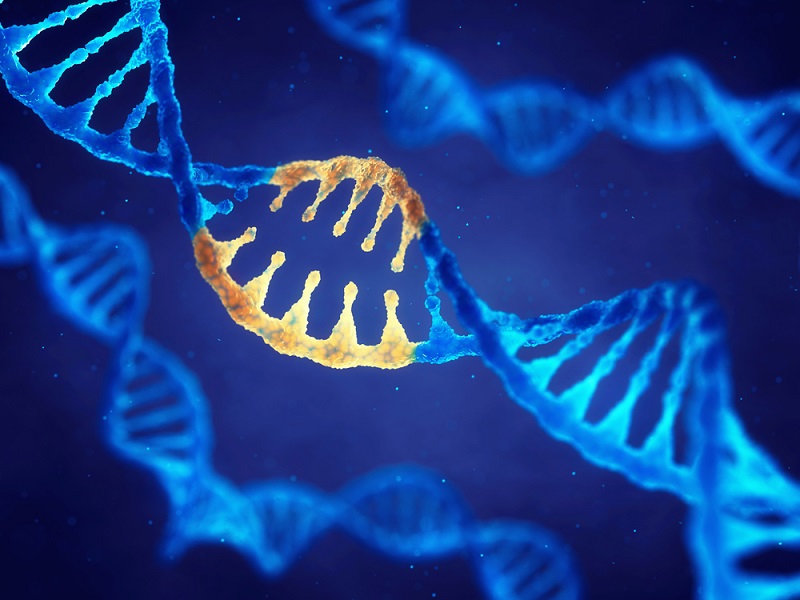
CRISPR stops coronavirus replication in human cells
By Rachael Rettner published
The method has not yet been tested on animals or people.
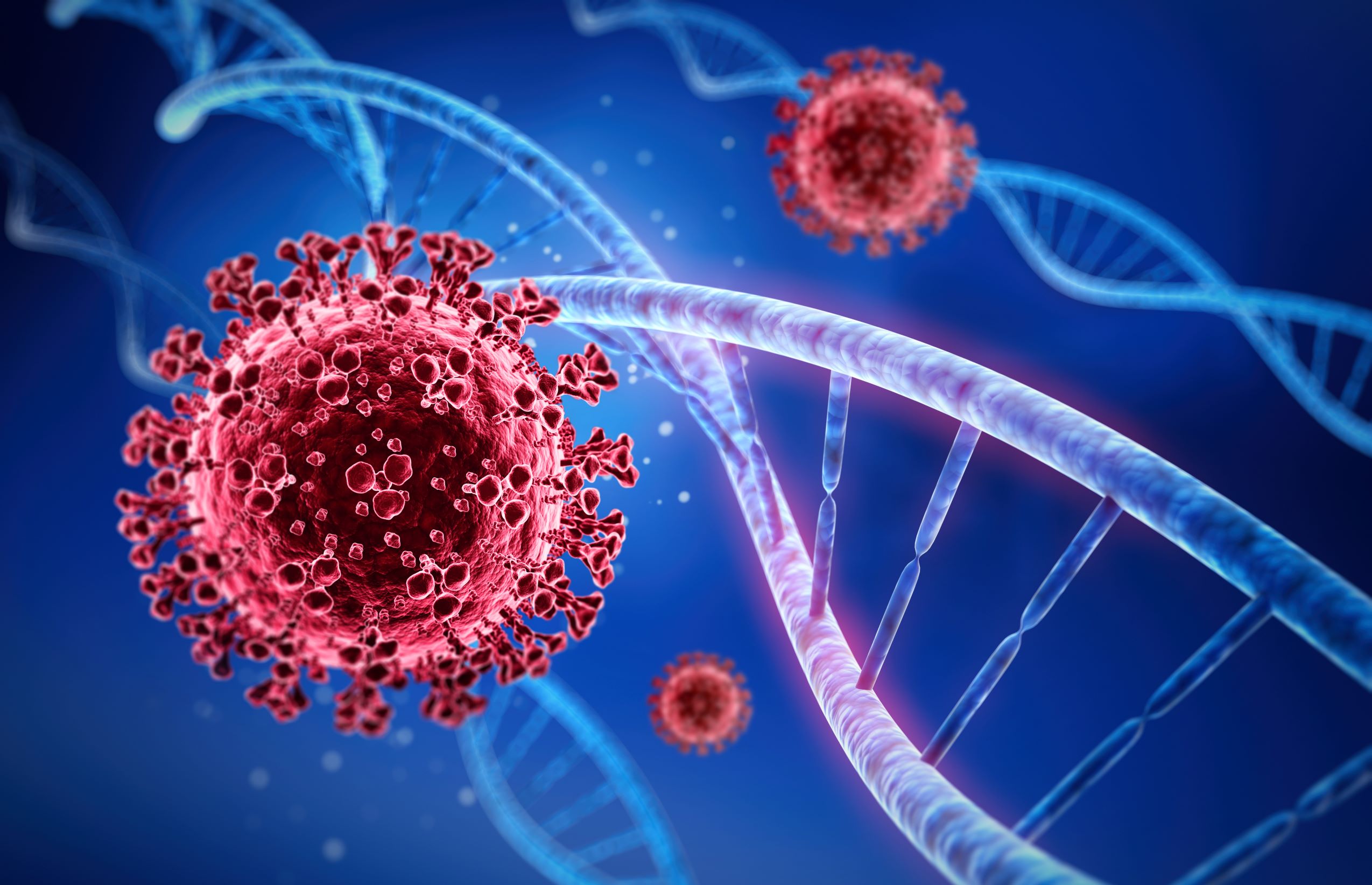
Woman develops rare 'coinfection' with two coronavirus variants
By Rachael Rettner published
The infection was fatal.

Puppies are born with a knack for reading human gestures
By Rachael Rettner published
The study compared the cognitive skills of dog and wolf puppies ages 5 to 18 weeks old.

Cats and dogs get COVID-19 from their owners at extremely high rates
By Rachael Rettner published
People who test positive for the coronavirus should steer clear of their pets.
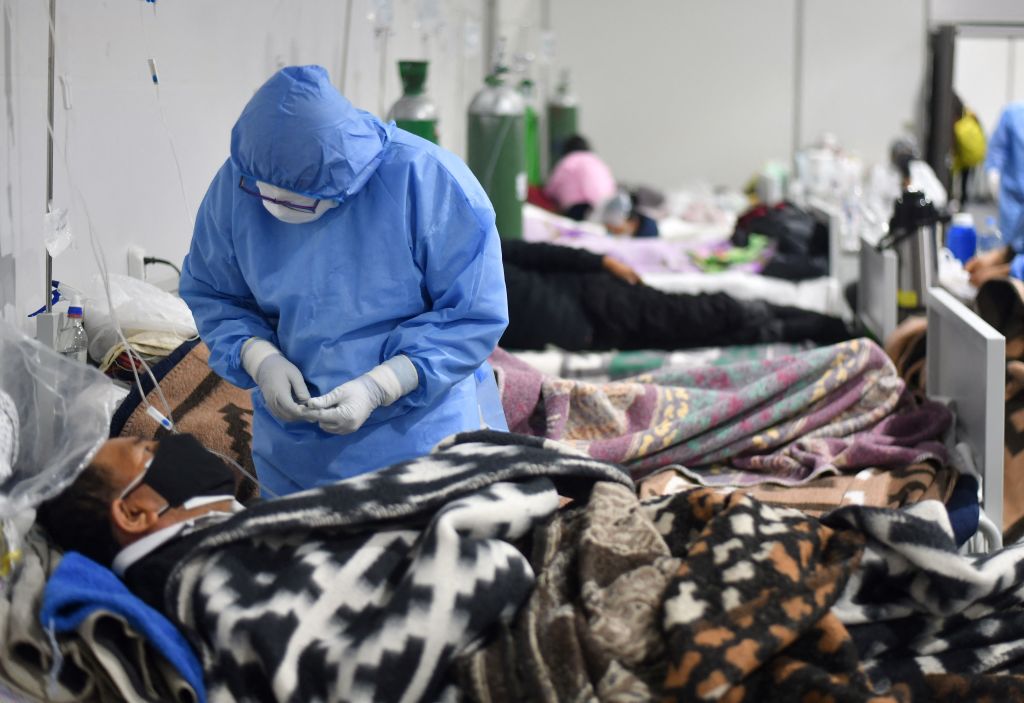
Why health officials are watching new 'lambda' coronavirus variant
By Rachael Rettner published
So far, lambda has been detected in 29 countries, with high levels of spread in South American countries.
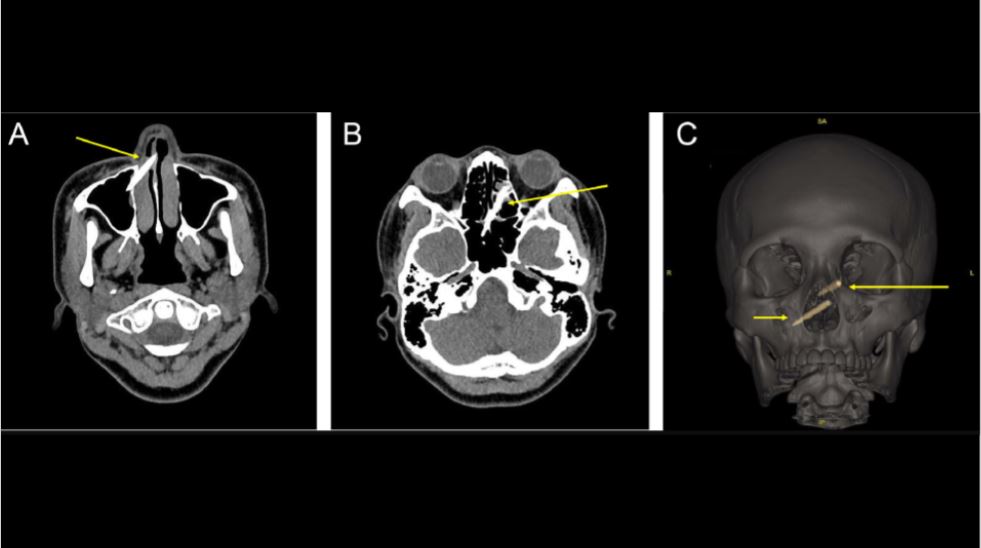
Woman unknowingly had chopsticks embedded in her sinuses for a week
By Rachael Rettner published
After an attack, the woman's injuries were more serious than they initially appeared.

COVID-19 vaccine benefits 'clearly' outweigh risks of rare myocarditis in teens, CDC says
By Rachael Rettner published
The CDC continues to recommend COVID-19 vaccination for everyone ages 12 and older.

US faces critical blood supply shortage
By Rachael Rettner published
Many blood centers report having just a one-day supply or less of blood.

Large TB outbreak may be caused by surgical 'bone repair product'
By Rachael Rettner published
The unusual outbreak involves patients who received spinal surgery this spring.

COVID-19 was spreading in the US by December 2019, mounting evidence suggests
By Rachael Rettner published
The new findings suggest the virus may have been circulating in Illinois as early as Dec. 24, 2019.
Sign up for the Live Science daily newsletter now
Get the world’s most fascinating discoveries delivered straight to your inbox.


